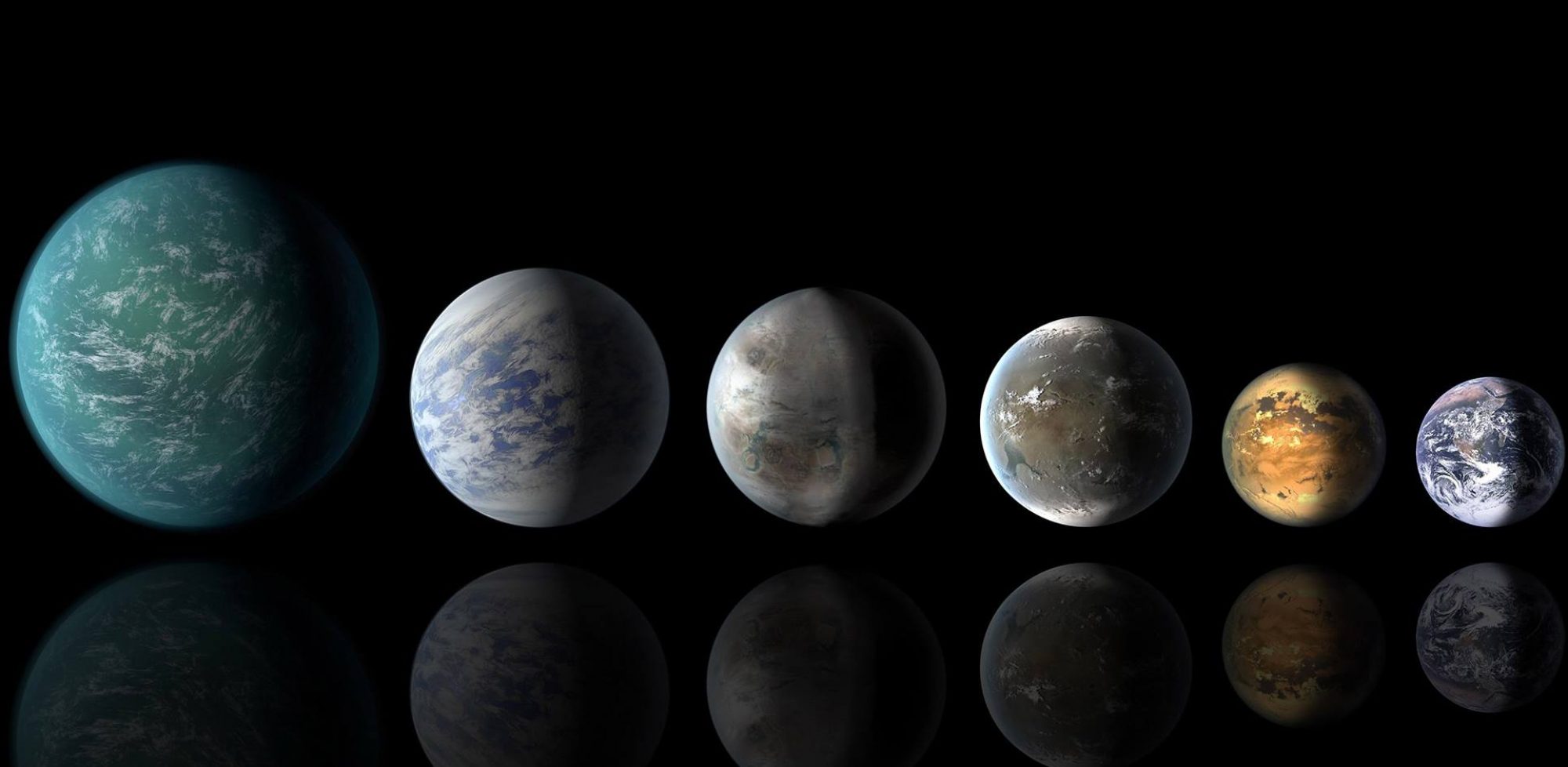The European Space Agency has decided that is currently impossible to continue any ongoing cooperation with the Russian space agency Roscosmos, and is moving forward with a "fast-track industrial study" to define how the mission can proceed without the Russians on its ambitious ExoMars astrobiology mission. In a release, ESA said that "as an intergovernmental …
Will The ISS Fall Victim to Russia’s Ukraine Invasion and Resulting Sanctions? Can The ExoMars Project Survive?
The United States and Russia have cooperated extensively and well in building and operating the International Space Station since the plan was formalized in 1993. The European Space Agency, the Japan Aerospace Exploration Agency, and the Canadian Space Agency have played major roles since the beginning, but it was first and foremost a U.S.-Russian venture. …
